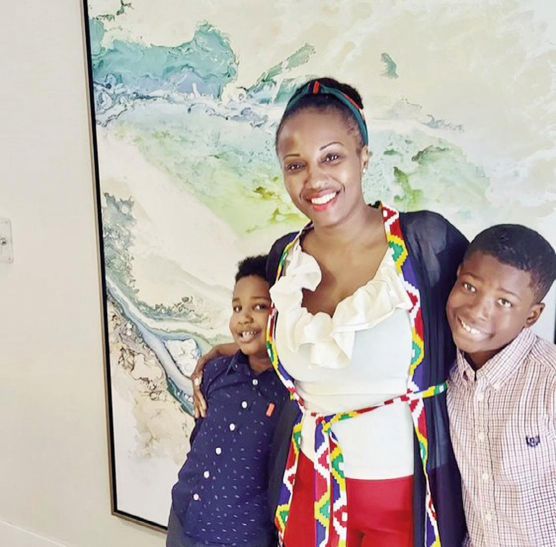Because my son will be starting a new school in the fall, there is an added layer of concern that not only he be prepared to start a new school in the Fall, but in addition, the new school staff understands my son's strengths and use them to help him transition into his new environment. Preparing my son to go back to school is as much about getting him ready, as it is about getting the school ready for him.
Currently, my son is learning to communicate using a high tech alternative and augmentative communication (AAC) device, also known as a speech generated device (SGD). These devices can be as high tech as a voice output computer or as low tech as a letter board. My son has some expressive verbal communication, so it is sometimes more difficult for him to produce his words. Part of my preparing my son to go back to school is making sure his voice will be heard in whatever modality he chooses to use, in the upcoming school year. To help prepare him for school, I have been taking AAC training courses throughout the summer, that teach me what it means to be his reliable communication partner. To ensure he transitions well back to school in the Fall, the implementation of the AAC device with a reliable communication partner at school will be imperative. According to the National Joint Committee for the Communications Needs of Persons with Severe Disabilities (NJC), all people with a disability have a right to interact socially, maintain social closeness, and build relationships. Schools supporting children with communication deficits must understand and be intentional about ensuring a child access intervention and supports, that improve a child’s communication.
Another way that I am preparing my son to go back to school is through the use of visual aids. I use a visual schedule on an app, and at home on the wall, that helps him know what will be happening throughout his day. This helps him prepare for school because he will understand that throughout the day there are expectations of him to do work at times, and then at other times he can play and enjoy leisure activities. Keeping this up throughout the summer can be difficult because the days may not be predictable, with holidays and vacations. However, keeping some
consistency of a visual aid to prepare him for what activities will be upcoming or happening throughout the day, is the best way to keep him learning throughout the summer, in a way that will resemble school in the fall. It is best to keep my son's schedule as routine as possible, for him be regulated and enjoy the daily activities. This sense of structure is even more important with non-preferred tasks, because it gives him a sense that these non-preferred tasks, such as combing his hair, have a beginning and an end time. This helps greatly with preparing him to go back to school, as these daily tasks will continue when school starts in September.

SUMMER STRATEGIES: The author with sons Elijah (left) and Josiah (right); "Throughout the summer, I facilitate Elijah's playtime with his older brother who is 11. I encourage them to play together outside at the park, do puzzles/games, and various sensory activities, such as blowing and popping bubbles. I also encourage their social interaction during mealtime."
A major part of a typical development at the elementary school age is learning from their peers. It is important that my son has opportunities throughout the summer to socialize with peer models. Throughout the summer, I facilitate playtime with my son’s older brother who is 11. I encourage them to play together outside at the park, do puzzles/games, and various sensory activities, such as blowing and popping bubbles. I also encourage their social interaction during mealtime. This engagement with a peer is critical for his success in the new school year, helping build his confidence and motivation to interact with his peers. With a child diagnosed with ASD and communication deficits, it can be difficult for the child to know how to begin to play with their peers. In addition to being able to facilitate this intentional interaction with his brother, I am also grateful that my son goes to an extended school year (ESY), for a month during the summer, where he gets to continue to attend school with his peers. This program is great because it helps prevent a regression of learned skills and allows him to spend more time with classmates and peers.